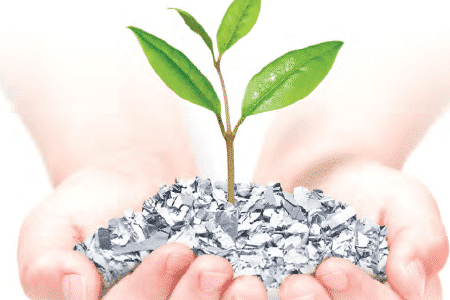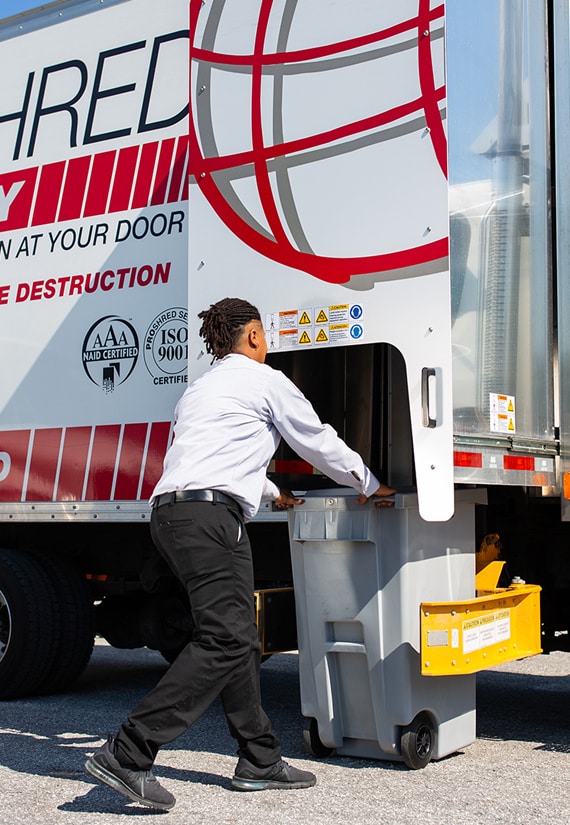March 31, 2023
What You Need to Know About Recycling Paper
It’s a collaborative effort to make the environment a better place. Recycling your paper is an action we can appreciate not only today but well into the future. A commitment to recycling reduces the pollution in the air and lessens the amount of leachate, a hazardous liquid that forms when trash decomposes.
Recycling paper also decreases the demand for the production of new products which helps reduce deforestation and energy consumption. But what qualifies as paper? Paper materials are among the most commonly recycled items, and it’s important to know how paper is defined.

What Counts as Paper
Though guidelines may vary according to your local recycling center, generally this category will include what traditionally comes to mind when you think of the word paper. This would be printer paper, notebook paper, journals, newspapers, or anything suitable for writing or printing. Also included are stationary, file folders as well as various kinds of colored paper and construction paper. Coupons and junk mail count as paper as do the envelopes they come in.
You will want to avoid recycling anything that has a thin plastic layer—usually paper plates and cups, the plastic used to prevent leakage. You might be able to compost these, but you’ll want to check that these are marked certified for composting before proceeding. Photographs and their corresponding negatives also should not be placed in your recycling bin.
Magazines should be laid aside for recycling, although you should double check as to whether the glossy pages can be handled by your local service provider. At Christmas time or after birthdays, wrapping paper can be collected and sent away, as can their paper tubes. You can recycle phone books, but you’ll need to inquire as to the procedure with paperback and hardcover books, as you may have to remove the binding and the covers first.

Learn Your Local Recycling Rules
Depending on where you live, you may need to locate the recycling facility to drop off your paper products in person. In other locales, you may be able to subscribe to curbside pickup. It can also be possible to set up a program to coordinate recycling within a school or workplace. This has a significant impact, as 70% of office waste is paper, and each ton recycled saves 7,000 gallons of water and 17 fully grown trees.
Most recyclers today will require you to separate your glass from your paper, and you may also be expected to distinguish between different types of paper, such as newspapers and mixed papers versus office documents and files. Ask your local center if they have the capacity to recycle paper or if you must travel to a location who has that capacity. Many recyclers are able to remove staples from the pulp but be sure to verify if this is the case in your region.
It’s important to avoid contaminants, as these can harm the recycling process. A great deal of material is turned away each year for this reason. Wet paper often has to be discarded due to its difficulty in being recycled, and it is necessary to avoid leaving your bins out on rainy days. Be careful not to toss paper smeared with food, grease, or oil in with your recyclables, as these substances can render new products unusable. Paper towels and napkins would also fall outside the purview of recycling but can be used for composting.
Proshred® provides paper shredding and recycling services for businesses and consumers and understands your need for the safe destruction of confidential information, whether on a one-time shred or on an ongoing basis. We encourage you to reach out to us for more information by phone, contacting us online, or stopping by the office.
